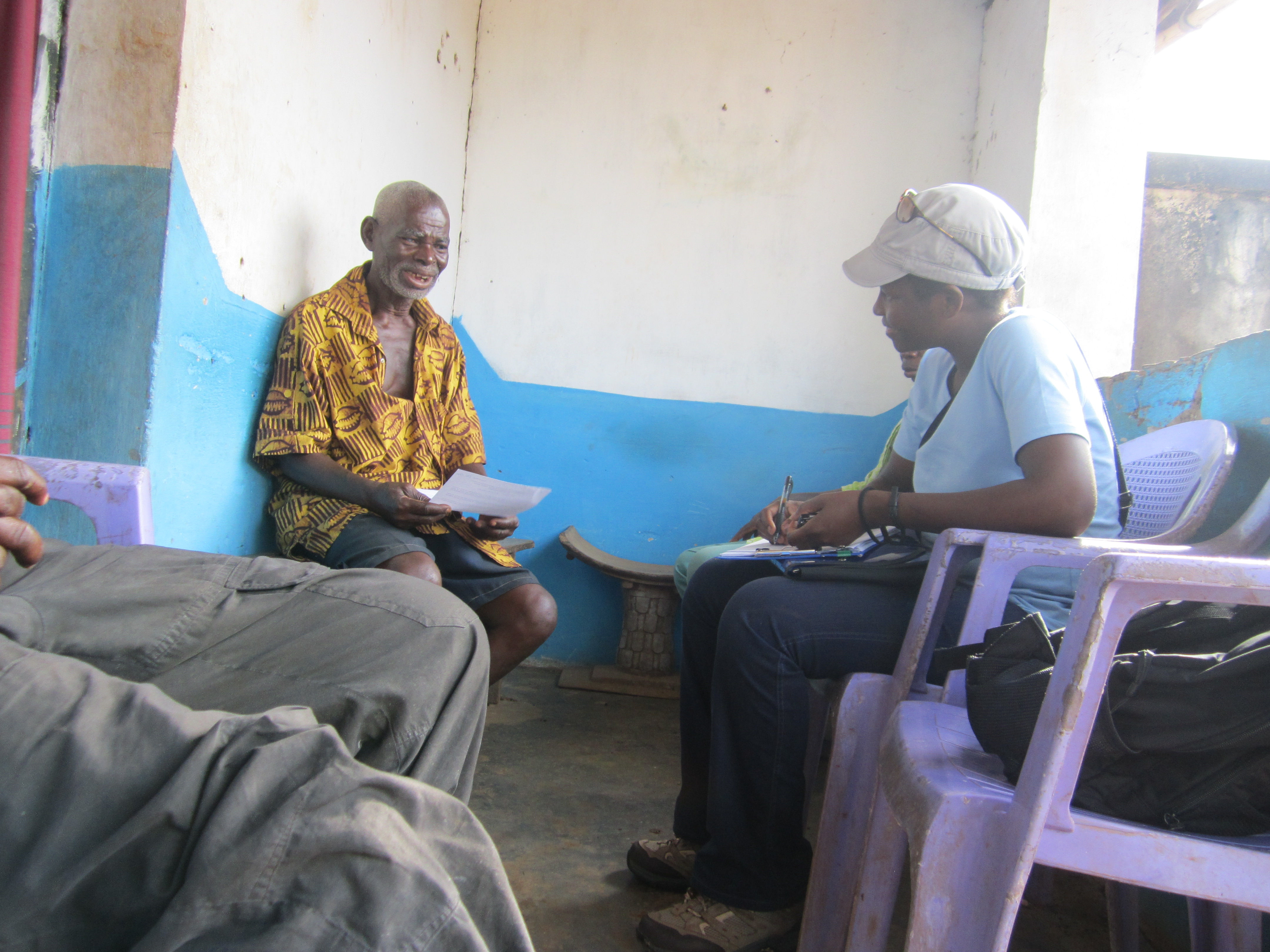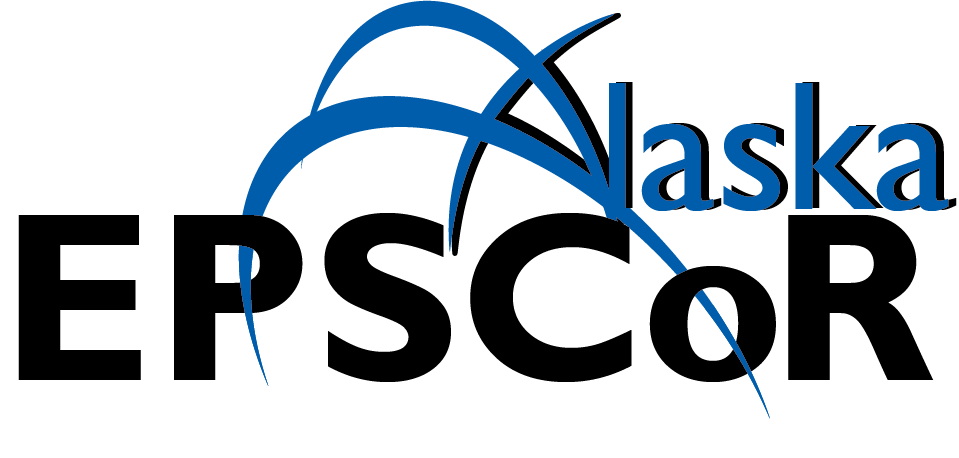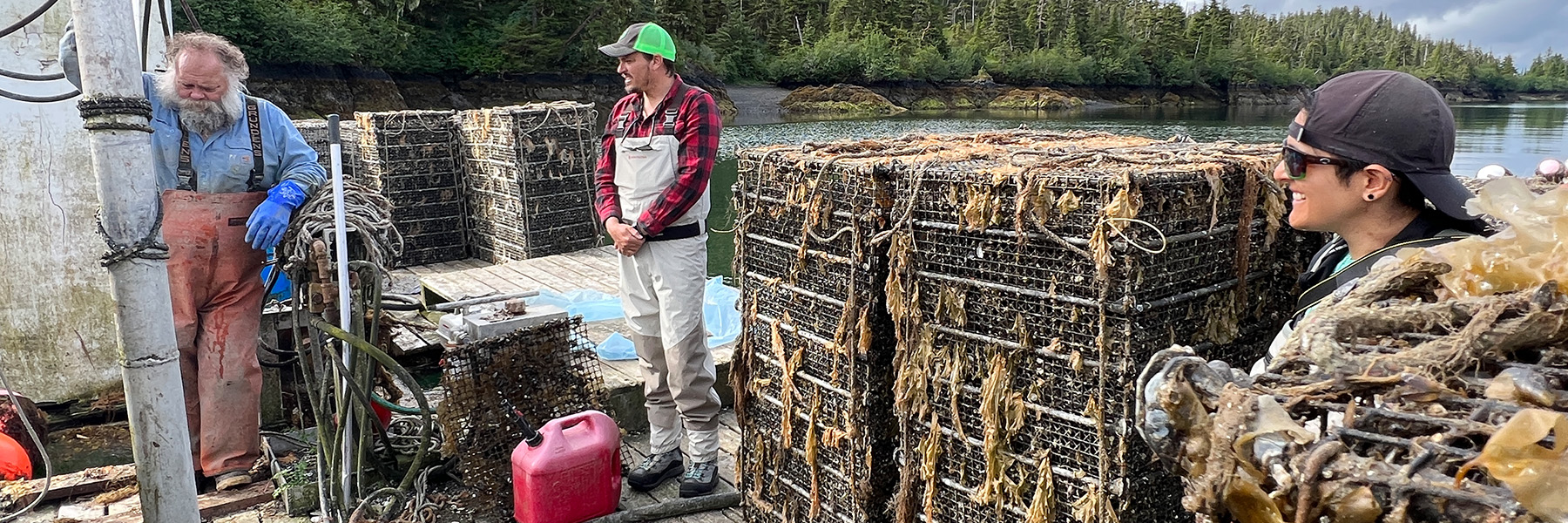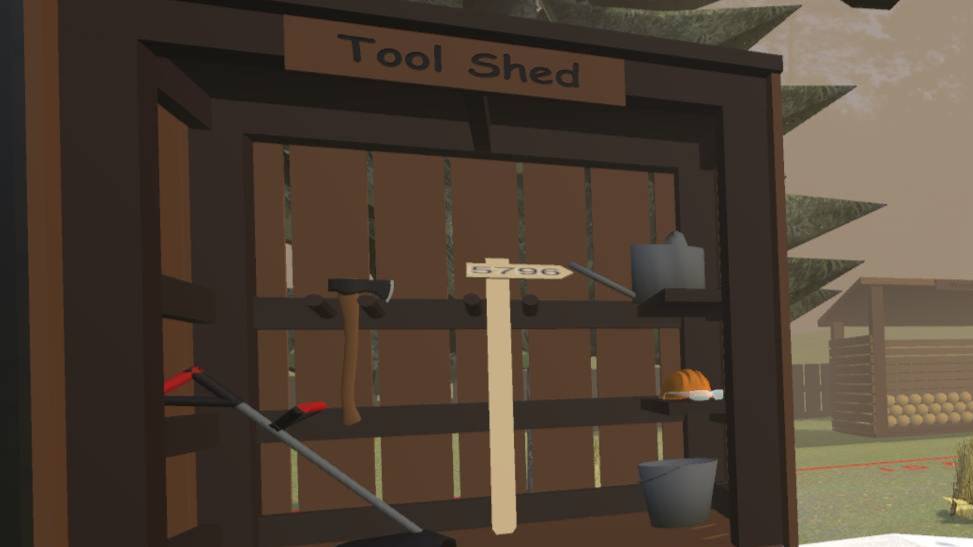Building Alaska's STEM Capacity
Alaska NSF EPSCoR improves scientific research capacity and broadens participation in science, technology, engineering and mathematics (STEM) in Alaska by engaging in multiyear, collaborative statewide research projects supported through National Science Foundation and the state of Alaska.
Current Projects
News
News & features on Alaska NSF EPSCoR projects

Nov 27
Growing the Alaska Blue Economy. A reflection by Tommy Sheridan, Director of the Alaska Blue Economy Center

Nov 26
A reflection by Alaska Sea Grant Coastal Community Resilience Specialist and Interface of Change Co-PI Davin Holen.

Oct 30
Josie Sam is a professor and co-chair of the UAF Department of Alaska Native Studies and Rural Development. She co-founded the Nyarkoa Foundation, a non-profit that supports rural development in Ghana. She has been involved in collaborative community work throughout Alaska with the International Arctic Research Center, including ACCAP, and the Food Security Working Group of the Arctic Observing Summit. Sam now brings her wisdom in her new role on the Alaska EPSCoR Interface of Change project leadership team.
By the Numbers
Since 2001, Alaska NSF EPSCoR has grown Alaska's research capacity
Featured Content
Featured multimedia content made by the Alaska EPSCoR Data Visualization Team. Engage and learn about the research taking place at Alaska NSF EPSCoR.







